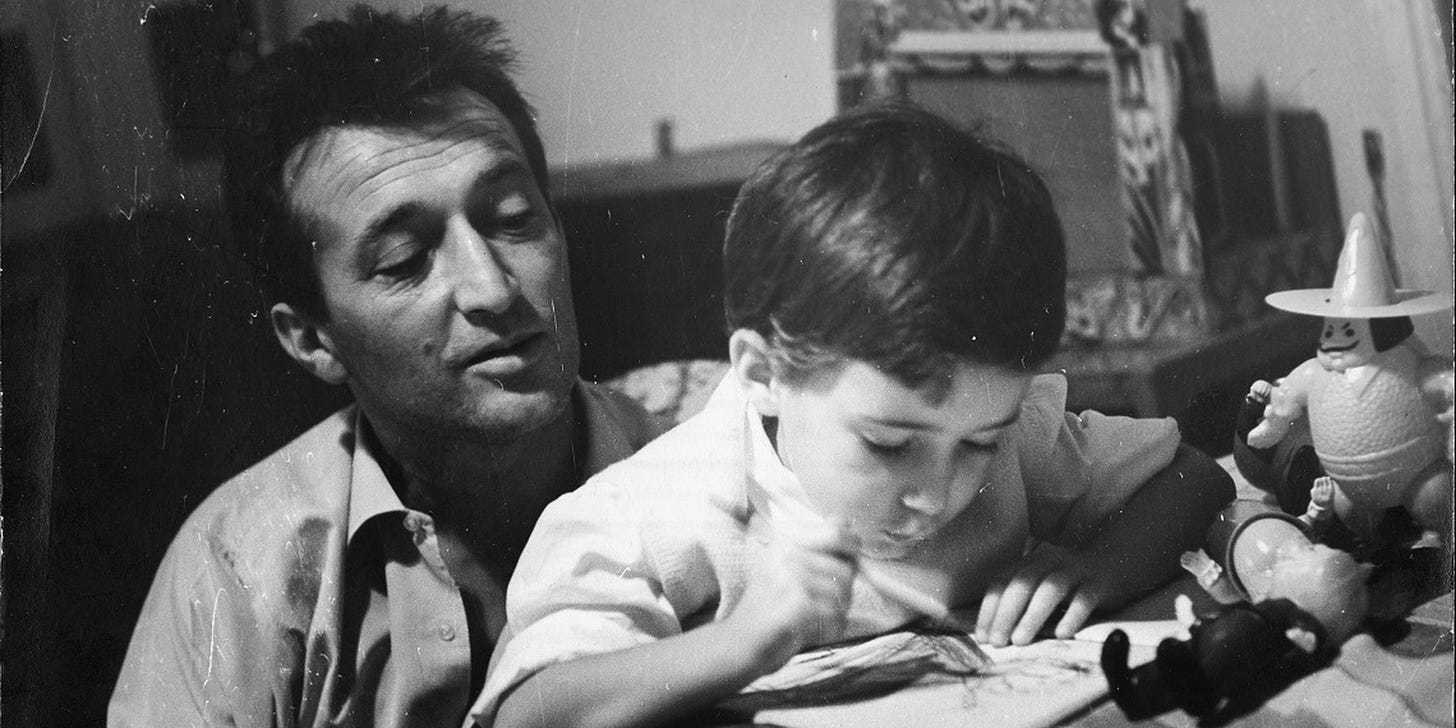'To be' and 'to have' in value
Gianni Rodari on the hilarity and goodness of our mistakes—a permission slip to change our ways.

Part of the series for supporters, longer essays contain additional notes, references, synthesis, and lessons. This essay on mistakes and failure and the next on the value of the humanities to reconnect with reality are related to the concept of ‘narrative fallacy.’
Many years ago, in a little apartment in Newport, Rhode Island, my (then) little niece, a book on her lap, was laughing with her whole body. It wasn’t the book itself that was hilarious, it was the manner of its reading.
The reader, my husband, spoke little Italian, yet was supremely confident he could read it. After all, how hard is it to read a language when it’s written as it’s spoken, he reasoned. Little he knew about a tiny detail that has the power to change things.
The effect of an accent on the wrong syllable made the book more fun to my young niece. She found those silly mistakes fascinating. While it helped pass the time during the splendid days of late September, the amusement added novelty.
Mistakes, from a related Scandinavian source such as Old Norse mistaka, at their root mean ‘take in error, miscarry’ (mid-14th c.) In contract law, a mistake is an erroneous belief that certain facts are true. We misinterpret things.
But the most obvious thing we misinterpret is the value of a mistake.
Keep reading with a 7-day free trial
Subscribe to On Value in Culture with Valeria Maltoni to keep reading this post and get 7 days of free access to the full post archives.




